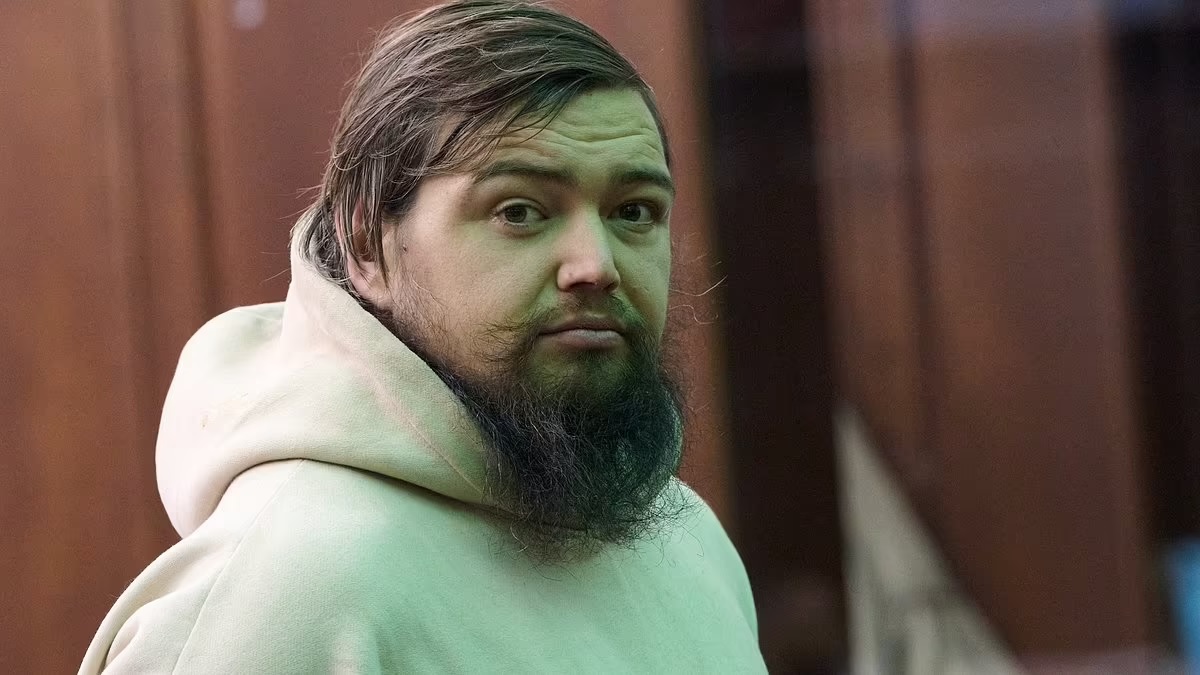According to the Manhattan District Attorney’s Office, David Crowe, the man accused of stalking Taylor Swift outside her New York City home, has been found unfit to stand trial after undergoing a psychological evaluation. As a result, the criminal case against Crowe has been dismissed, and he will be committed to the custody of the Office of Mental Health for necessary treatment.
Key Takeaway
David Crowe, the alleged stalker of Taylor Swift, has been deemed unfit for trial and will be receiving treatment at a mental health facility, bringing a resolution to the legal proceedings surrounding his repeated arrests near the singer’s New York City home.
Multiple Arrests and Legal Proceedings
David Crowe was initially arrested on stalking and harassment charges after allegedly lurking around Taylor Swift’s NYC home. Despite being arraigned, he was subsequently arrested again just two hours later for returning to the vicinity of Taylor’s residence. Following his repeated arrests, Crowe’s legal team requested a psychological examination before proceeding to trial, a request that was granted by the court.
Relief for Taylor Swift
With Crowe now being confined to a mental health facility, Taylor Swift, who was in New York City during the incidents, can find some relief and distance herself from the unsettling events. The resolution of this case may provide a sense of security for the pop star, especially considering the recent incidents of unauthorized individuals attempting to access her property.
Future Safety and Concerns
While this development may alleviate immediate concerns related to David Crowe, Taylor Swift and her team have faced other security issues, including the tracking of her private jets. The tracking of her movements has raised significant safety concerns, and the resolution of the case involving Crowe may offer some respite from these ongoing security challenges.

